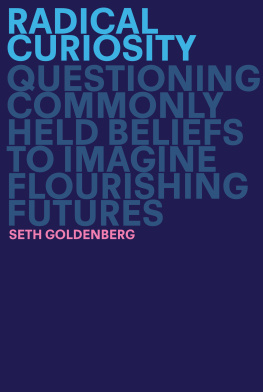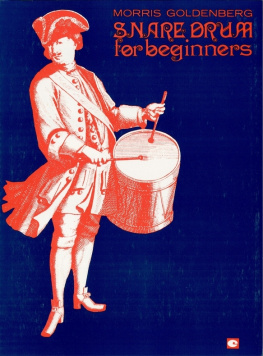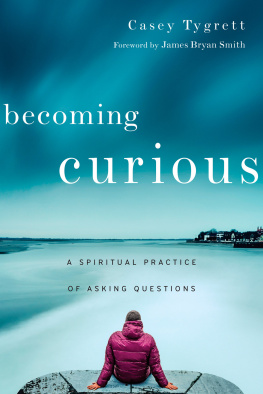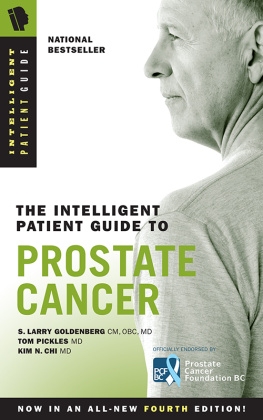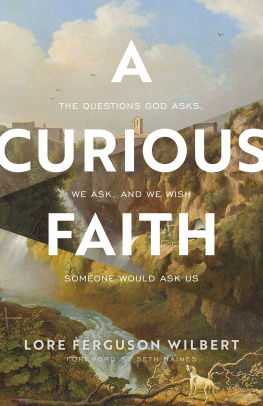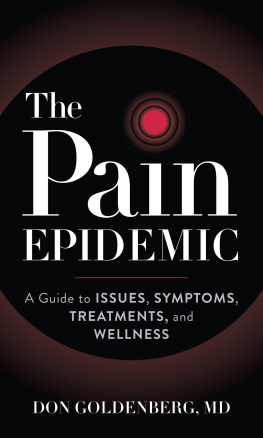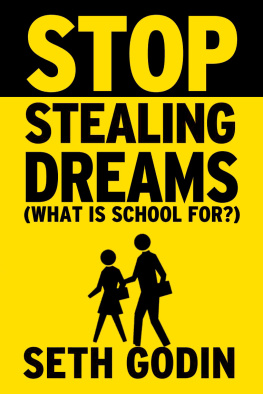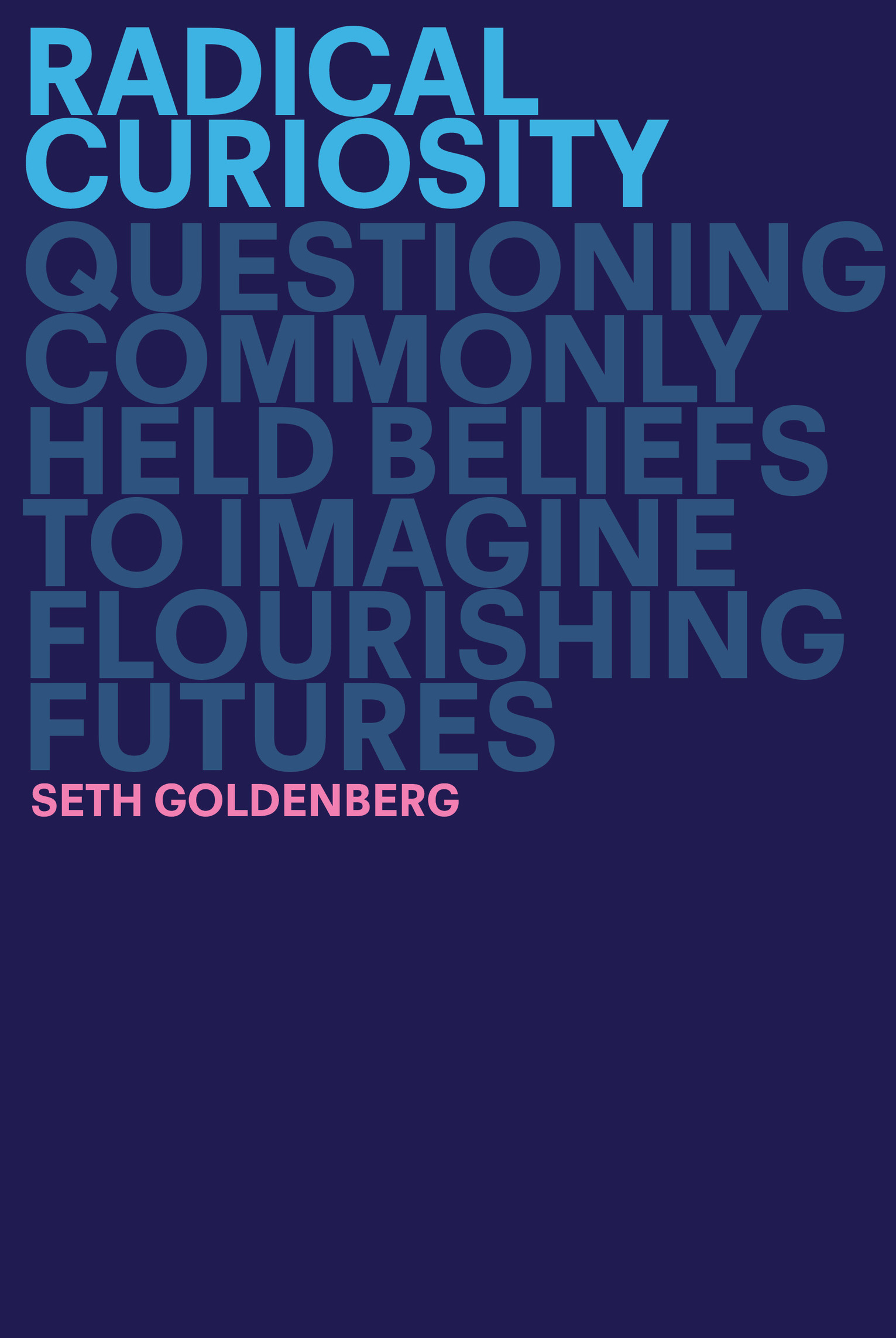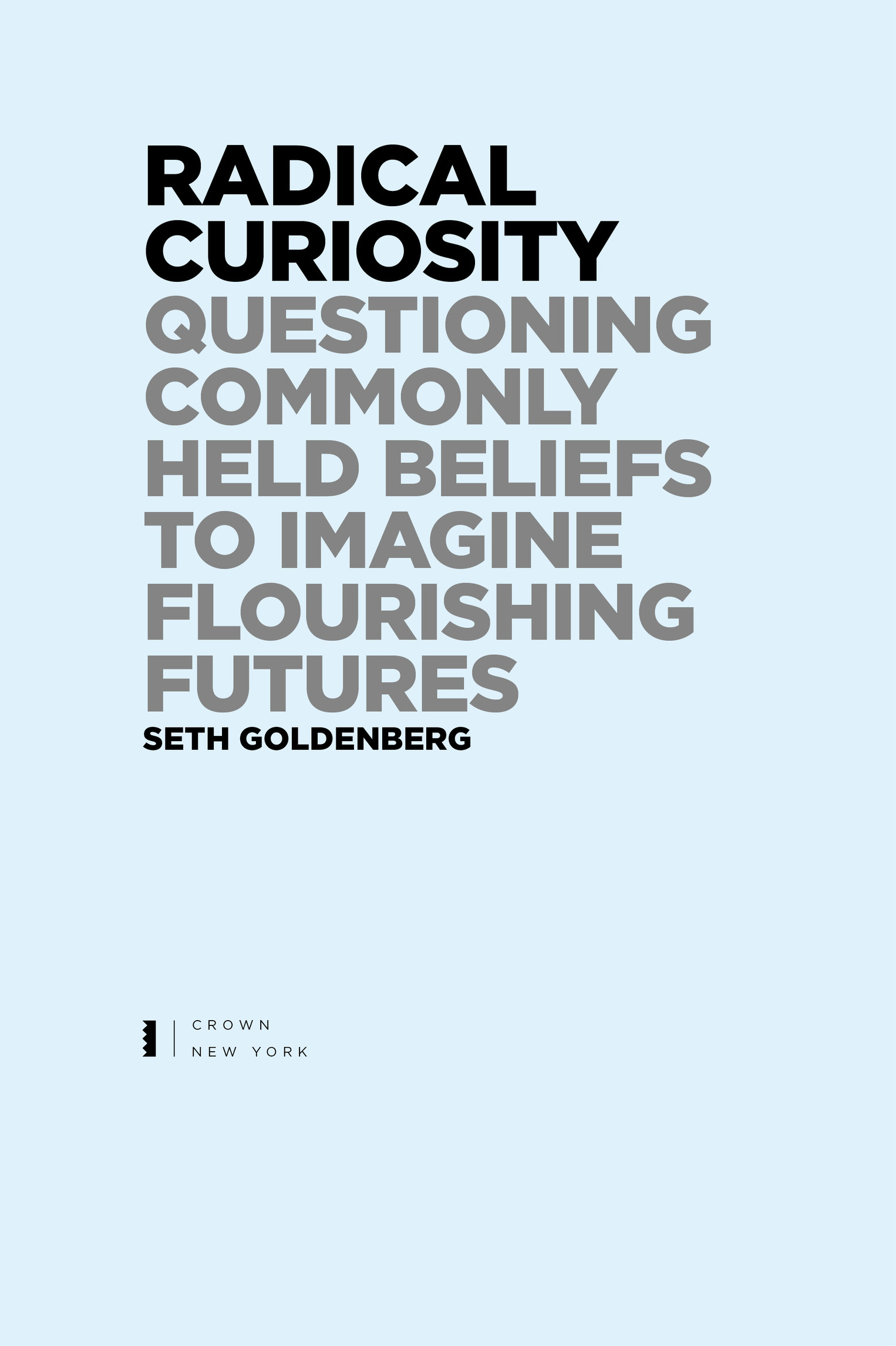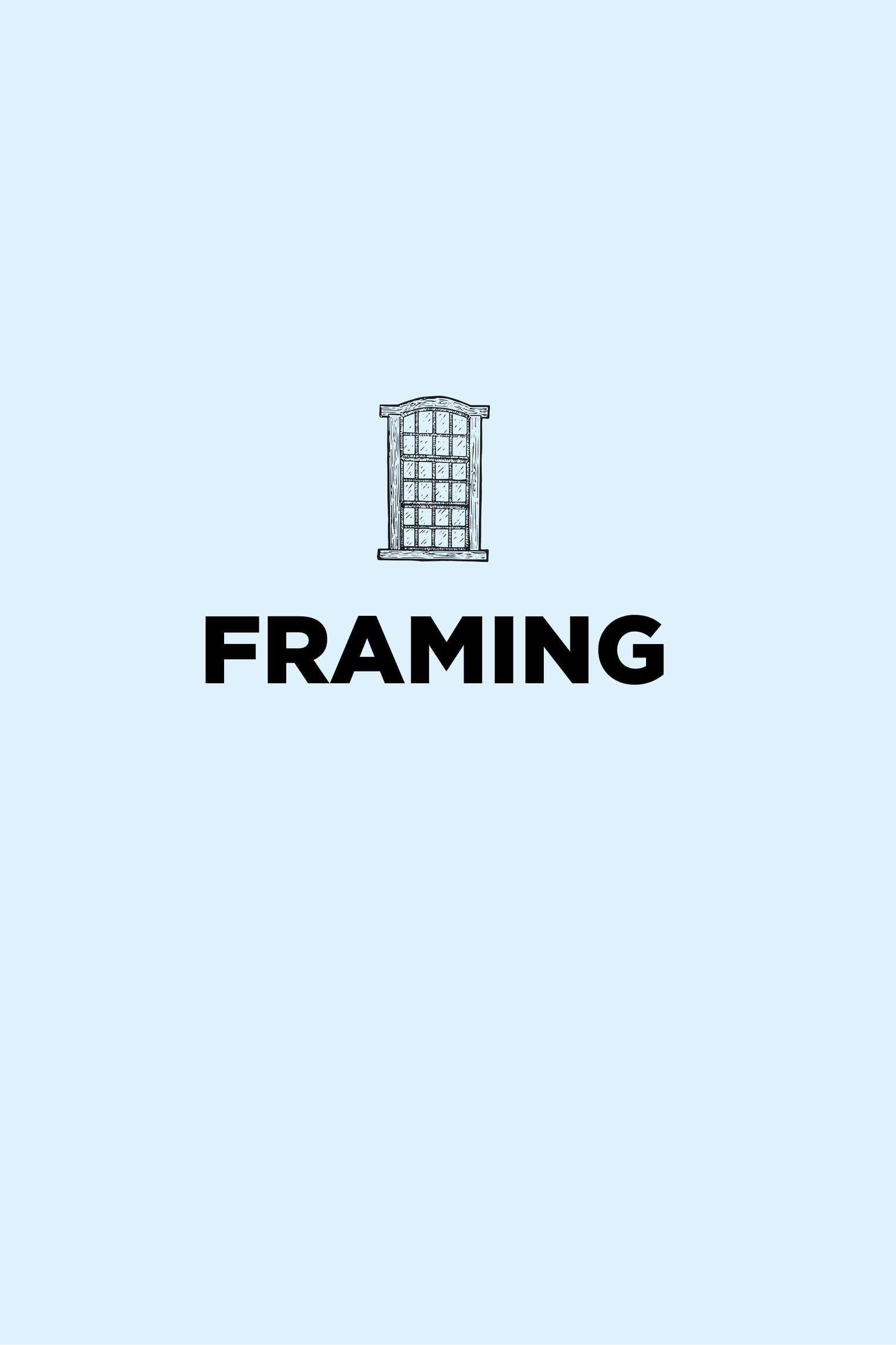Seth Goldenberg - Radical Curiosity: Questioning Commonly Held Beliefs to Imagine Flourishing Futures
Here you can read online Seth Goldenberg - Radical Curiosity: Questioning Commonly Held Beliefs to Imagine Flourishing Futures full text of the book (entire story) in english for free. Download pdf and epub, get meaning, cover and reviews about this ebook. year: 2022, publisher: Crown, genre: Romance novel. Description of the work, (preface) as well as reviews are available. Best literature library LitArk.com created for fans of good reading and offers a wide selection of genres:
Romance novel
Science fiction
Adventure
Detective
Science
History
Home and family
Prose
Art
Politics
Computer
Non-fiction
Religion
Business
Children
Humor
Choose a favorite category and find really read worthwhile books. Enjoy immersion in the world of imagination, feel the emotions of the characters or learn something new for yourself, make an fascinating discovery.
- Book:Radical Curiosity: Questioning Commonly Held Beliefs to Imagine Flourishing Futures
- Author:
- Publisher:Crown
- Genre:
- Year:2022
- Rating:3 / 5
- Favourites:Add to favourites
- Your mark:
Radical Curiosity: Questioning Commonly Held Beliefs to Imagine Flourishing Futures: summary, description and annotation
We offer to read an annotation, description, summary or preface (depends on what the author of the book "Radical Curiosity: Questioning Commonly Held Beliefs to Imagine Flourishing Futures" wrote himself). If you haven't found the necessary information about the book — write in the comments, we will try to find it.
With this beautifully written book, Seth Goldenberg awakens the gifts we all possess: wonder, optimism, and the fearlessness to reverse destruction.Bruce Vaughn, vice president of experiential creative product, Airbnb
In a world with an endless hunger for innovation, why is it so hard to create audacious change? According to thought leader Seth Goldenberg, the answer to this question stems from how we, as a society, view questions themselves.
In Radical Curiosity, Goldenberg argues that because we value knowing above learning and prioritize doing over thinking, curiosity has become an endangered species. Only by rediscovering the power of questions can we hope to rewrite the commonly held legacy narratives that no longer serve us and to remake our organizations, our politics, and our lives.
With this empowering book, Goldenberg introduces the practice of Radical Curiosity through the lens of seven narratives that are going through significant transformation: Learning, Cohesion, Time, Youth, Aliveness, Nature, and Value. Along the way, he unpacks principles intended to spark our own questioning, including:
Education is too big to fail, but maybe it should.
Time travel isnt reserved for DeLoreans.
Let us now praise rural communities.
Survival economics have made imagination a luxury good.
Blending philosophy, business strategy, cultural criticism, and fascinating case studies, Radical Curiosity is a new way of solving our most complex problemsone focused not on technology or science but on the power of human inquiry. By asking us to relearn how we learn, reengage in dialogue, revive our youthful sense of wonder, and rethink what we value, it reignites the curiosity needed to imagine and build a better world.
Seth Goldenberg: author's other books
Who wrote Radical Curiosity: Questioning Commonly Held Beliefs to Imagine Flourishing Futures? Find out the surname, the name of the author of the book and a list of all author's works by series.

